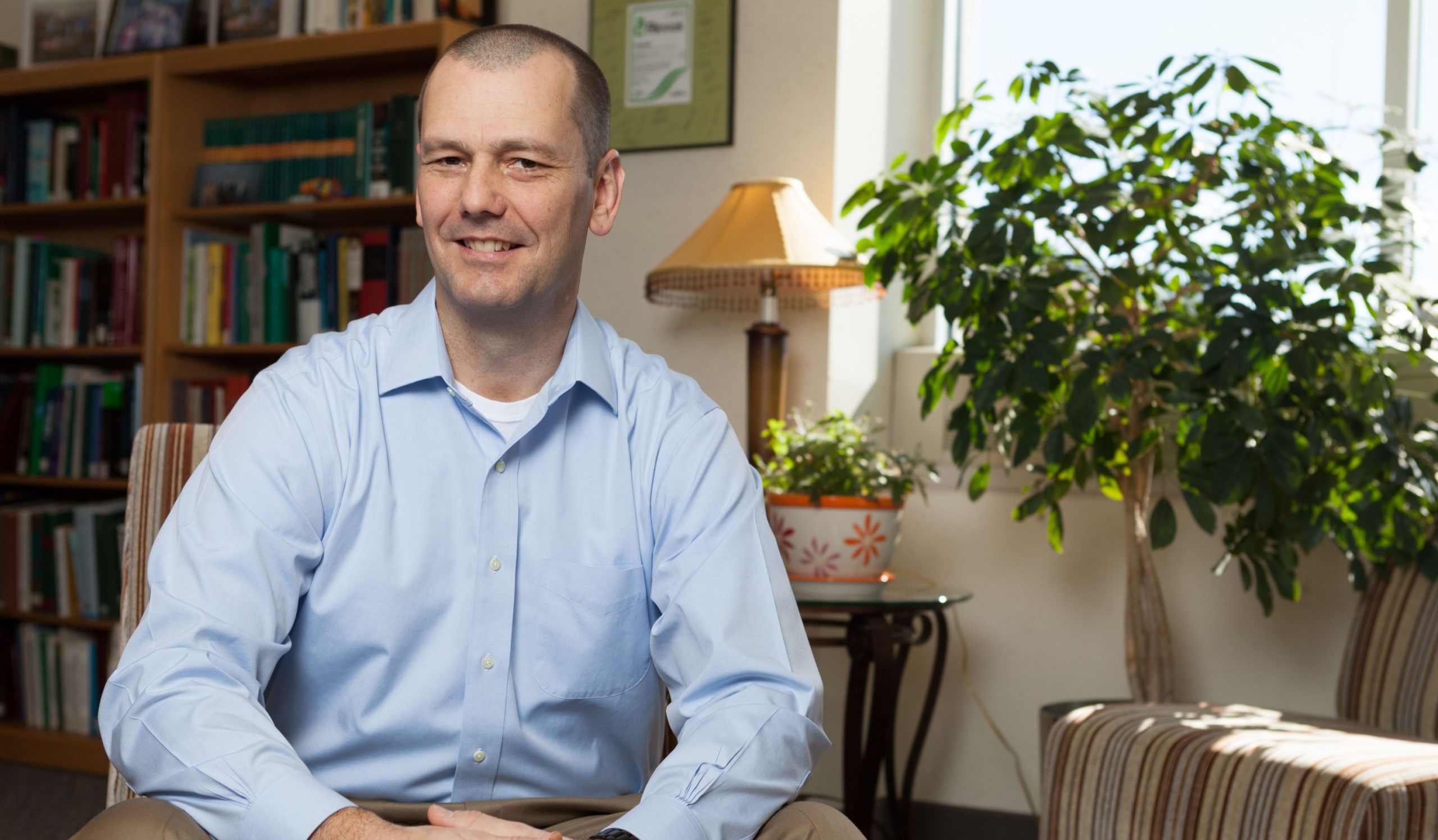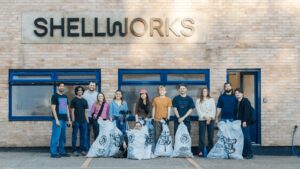Syngenta is set to release 16 new products into the market this year, a record-breaking number for the company, according to Jamie Eichorn, head of technical services for the agribusiness.
We caught up with Eichorn to hear more about these products, the development of biological solutions, as well as the company’s approach to acquiring technology versus developing it in-house.
What production trends are informing technological developments at Syngenta?
Resistance management and pest management are two areas that are clearly on the rise in the industry, and they require R&D innovation to be able to address the weeds that have developed resistance to certain chemistries. Soybean cyst nematode (SCN) is a particular pest causing $1 billion worth of economic yield loss per year in the US. We have Clariva Complete now as a seed treatment in soybeans to help us provide good control against it. Also, corn rootworm continues to be a big focus at Syngenta.
What other trends are informing tech developments?
Another big trend is the digital space which is developing to help decision making on the farm, particularly in light of lower commodity prices. Syngenta has an offering we’ve invested in called AgriEdge Excelsior. Last year, we acquired Ag Connections out of Murray, Kentucky, after a 15-year partnership with the company. The Land.db software platform is a data collection tool which geo-references fields and gives farmers an ROI calculation on their inputs. It captures all the various inputs on a farm as well as yield components.
We continue to look at opportunities to collaborate on machinery and interconnectivity with machinery and devices, and those are the opportunities we will continue to explore in the future.
When does it make sense to outsource innovation through acquisition?
Starting with collaboration is a logical path as it gives both parties an opportunity to focus on shaping the solution. I think it’s a good question to think about: at what point do you trigger an acquisition? Ag Connections had a strong partnership with us for 15 years before we decided to actually acquire them, and each scenario will be different relative to the opportunity presented in the marketplace and the confidence you have in the technology.
What about the biologicals space? How is your business developing there?
We have a number of collaborations we’ve done in the biologicals space such as with Marrone Biosciences. In 2011, Syngenta agreed to exclusively distribute biofungicide, Regalia, which has had an impact in the European market. Clariva Complete Beans seed treatment has had an impact for soybeans in the US and was a result of our acquisition of Pasteuria Bioscience. We have other examples in the biological space but I think that it’s an area where, at least for the US farmer, they’re looking for efficacy and performance, and they may not be thinking about it in terms of using a biological. US farmers are looking for performance and control, and it’s an added benefit when a biological can actually provide that level of performance and control and with low impact on the environment.
As you start to get into specialty crops like fruit and vegetables, that mindset begins to shift because managing chemical residues is extremely important. But farmers are still going to measure biologicals on their performance and ROI, from what I see in the US market.
Currently, most biologicals are being used in integrated pest management programs in rotation with synthetic chemical products or combination. The good news is that there is a focus in the industry to continue to advance the performance of bio-compounds and realization that investment in improving performance will be a big benefit to the grower in the end.
What can you tell me about the 16 new products you’re planning to launch this year?
In the 23 years I’ve been working at Syngenta, I can’t remember when we’ve had this many products to launch in a year. And that’s just 2016; there will be more in 2017 and 2018. Our pipeline is full. We have products covering a range of crops from corn and soy to specialty and vegetables.
Acuron is one key new product. It’s a corn herbicide, an area where Syngenta has a strong history. The four different active ingredients in one product will provide a new standard in performance and control on tough-to-control weeds. We’re excited about what that can provide and the better ROI through higher yields.
Another product, Trivapro, is a fungicide combining three active ingredients for broad spectrum disease control for wheat, soybean, and corn. It’s a preventative and curative control to help improve yields.
The overarching message is that we have a host of new tech for farmers that we’ve calibrated by what we believe are unmet needs.
How are Syngenta and its new products helping to lessen the environmental impact of chemical inputs?
We have a team of agronomists that provide technical expertise to our customers; it’s really important. These are highly technical experts that understand the agronomy and how to best use the products to maximize the control and the output. They work with local re-sellers and growers to ensure they understand how to best use our products and technology. It’s an important part of what my team does as well; supporting them with the latest information.
Weed resistance has caused us to think differently about integrated pest management. The use of residual herbicides in soybeans has seen great growth in the last few years by controlling the weeds early before they emerge, meaning you can have less need for in-season sprays later on.
Weed resistance certainly caused an uptick in the usage of herbicides but what we’re getting to now are different methods of applying these products that can alleviate the need for multiple applications.
How do you expect a merger with ChemChina to impact your department and Syngenta overall?
We like the opportunity that the agreement is expected to create. The biggest takeaway we’ve shared is that Syngenta will remain Syngenta under the terms of the agreement. We retain our name and our management team with our portfolio and our commitment to innovate. We are very committed to ensuring its business as usual for customers.
Have news or tips? Email [email protected] or comment below!





